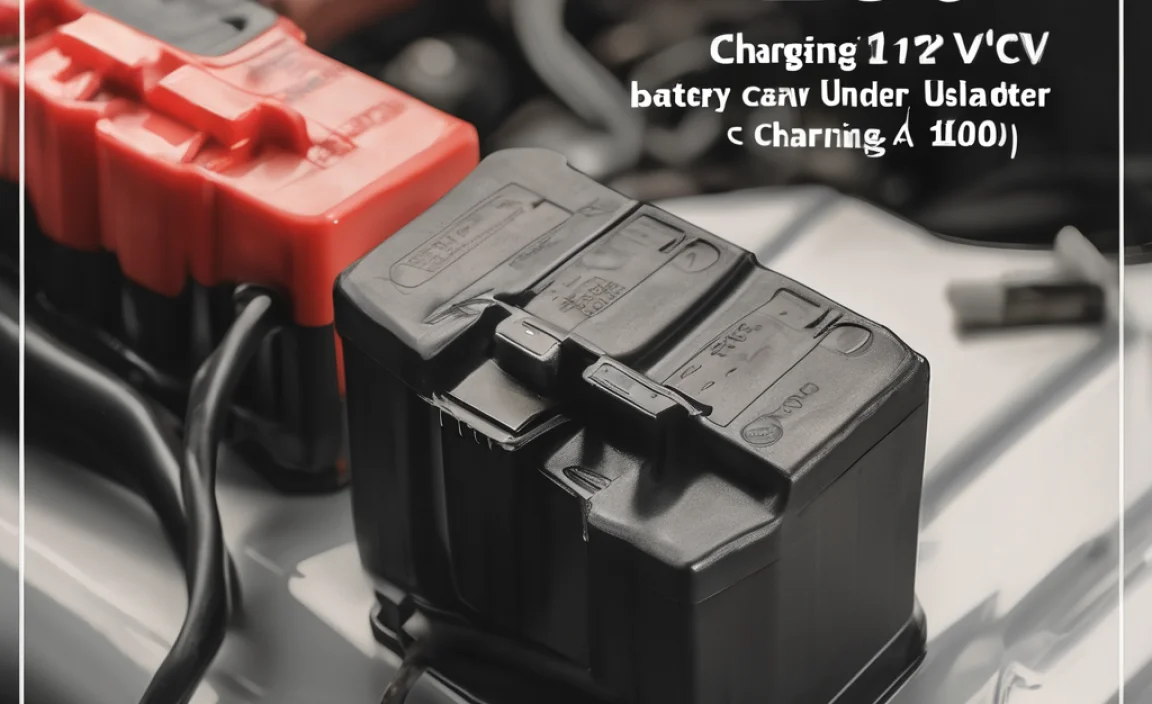Old Propane Tank Adapter: Effortless Connect and Revitalize Your Gear
Finding the right adapter for old propane tank connections can feel like a treasure hunt, but the reward is undeniable: the ability to seamlessly connect modern appliances to those long-standing, trusty tanks. For many, these older tanks represent a significant investment and a reliable source of fuel for everything from backyard grills and patio heaters to camping stoves and portable generators. However, when the hose or regulator on a new piece of equipment doesn’t quite match the vintage valve on an older propane tank, a disconnect can bring your outdoor adventures or home comfort to an abrupt halt. Fortunately, the solution is often as simple as a well-designed adapter, bridging the gap with ease and ensuring your equipment gets the power it needs.
The market today offers a surprisingly diverse range of propane fittings, reflecting the evolution of safety standards, component designs, and the very nature of propane consumption. While contemporary tanks often feature Type 1 (QCC-1) connectors, a ubiquitous standard for good reason, older tanks might sport different valve types. These can range from older POL (Prest-O-Lite) fittings to less common variations. Trying to force a non-compatible connection is not only frustrating but potentially dangerous, risking leaks and compromising the integrity of your propane system. This is precisely where a reliable adapter steps in, acting as the crucial intermediary that facilitates a secure and gas-tight seal.
The Indispensable Role of an Adapter for Old Propane Tank Setups
The primary function of an adapter for old propane tank scenarios is straightforward: to provide a universal bridge between two different types of propane fittings. Imagine you’ve just acquired a fantastic new propane-powered infrared patio heater, only to discover its connecting hose has a modern QCC-1 fitting. Meanwhile, your well-maintained, larger-capacity propane tank from a decade ago utilizes an older POL valve. Without the correct adapter, that heater remains a decorative, albeit metallic, lawn ornament. The right adapter, however, will feature a male POL fitting on one end, designed to screw directly into your older tank valve, and a female QCC-1 fitting on the other, ready to accept the hose from your new appliance. The connection process becomes as simple as screwing in a lightbulb – a secure, hand-tight connection that ensures proper gas flow.
Beyond the simple QCC-1 to POL conversion, adapters can also cater to other less common vintage fittings or address specific needs, such as transitioning from a standard regulator outlet to a different hose size or type. The key takeaway is that these adapters are not just passive pieces of metal; they are precision-engineered components designed to maintain the safety and functionality of your entire propane system. They are built to withstand propane pressure, resist corrosion, and provide a durable connection that you can rely on, season after season.
Choosing the Right Old Propane Tank Adapter: What to Look For
When embarking on the quest for an adapter for old propane tank connections, a few critical factors should guide your selection. Firstly, and most importantly, is identifying the specific type of valve on your older propane tank. The most common older fitting is the POL valve, characterized by its threaded connection and a central pin that depresses to allow gas flow. However, if you’re unsure, it’s always best to consult the tank itself or any existing hoses that successfully connected to it. Clear visual identification is paramount.
Another crucial consideration is the type of fitting your modern appliance or hose utilizes. As mentioned, the QCC-1 (Type 1) connector is now the industry standard for most residential propane appliances and tanks. Knowing this will help you determine the correct configuration for your adapter – for example, a POL (male) to QCC-1 (female) adapter. Always double-check that the adapter you’re purchasing is specifically designed for propane and not for other fuel types like natural gas, as the pressure and safety requirements differ significantly.
Material and build quality are also vital. Look for adapters made from durable brass or other corrosion-resistant alloys. These materials are chosen for their ability to withstand the temperature fluctuations and potential exposure to the elements that propane equipment often experiences. A well-machined adapter will have clean threads that screw on smoothly, indicating a precise fit and a reduced risk of leaks. Furthermore, ensure the adapter meets all relevant safety certifications and standards for propane gas connections. Reputable manufacturers will clearly indicate these certifications on their product packaging.
The Benefits of a Smooth Transition: More Than Just Connection
The primary benefit of using an adapter for old propane tank usage is, of course, the ability to connect your equipment. But the advantages extend far beyond this initial functionality. By using a compatible adapter, you are ensuring a safe and secure connection, minimizing the risk of dangerous propane leaks. Older, makeshift solutions or forcing incompatible fittings can create tiny gaps that, under pressure, can lead to escaping gas, a serious fire hazard. A properly designed adapter provides a gas-tight seal, offering peace of mind and protecting your property and loved ones.
Furthermore, adapters can extend the lifespan of your existing propane infrastructure. Instead of discarding that perfectly good older tank because your new grill has a different connector, an adapter allows you to continue utilizing it, reducing waste and saving money. This is particularly relevant for larger, more expensive tanks that many homes and businesses rely on for significant propane usage. It’s an economically sound and environmentally conscious choice.
Finally, by investing in the correct adapter, you are ensuring the optimal performance of your propane appliances. A secure and leak-free connection means consistent and stable gas flow to your appliance, leading to efficient operation. Whether it’s a barbecue that cooks evenly or a patio heater that provides consistent warmth, the adapter plays a vital role in achieving that desired performance level. The “effortless connect” promised by these small but mighty devices truly delivers, bringing your old propane tanks back into active service with modern-day convenience and safety.

